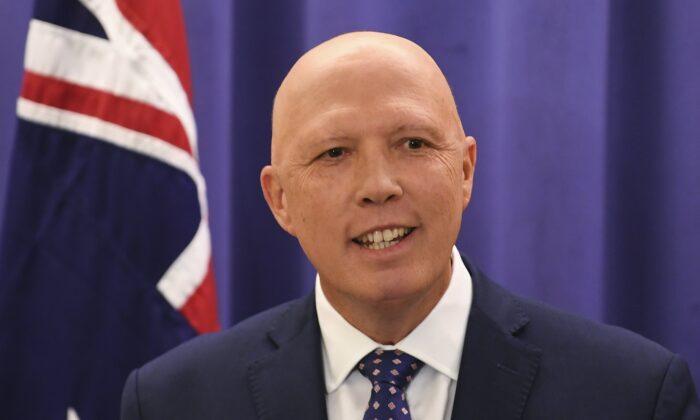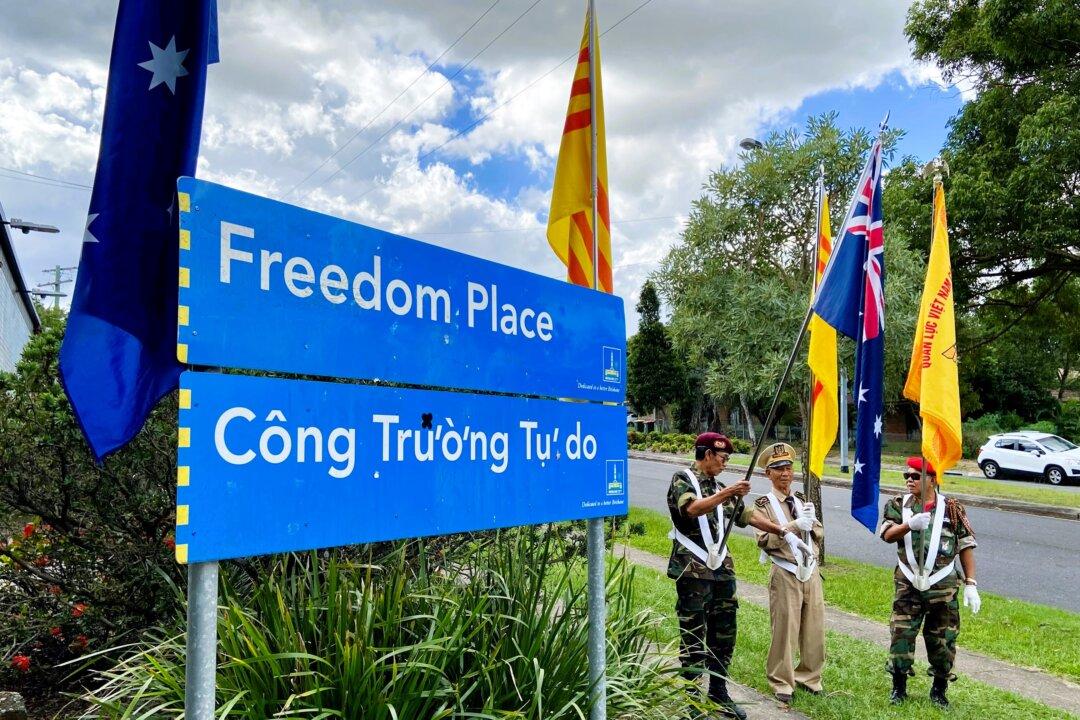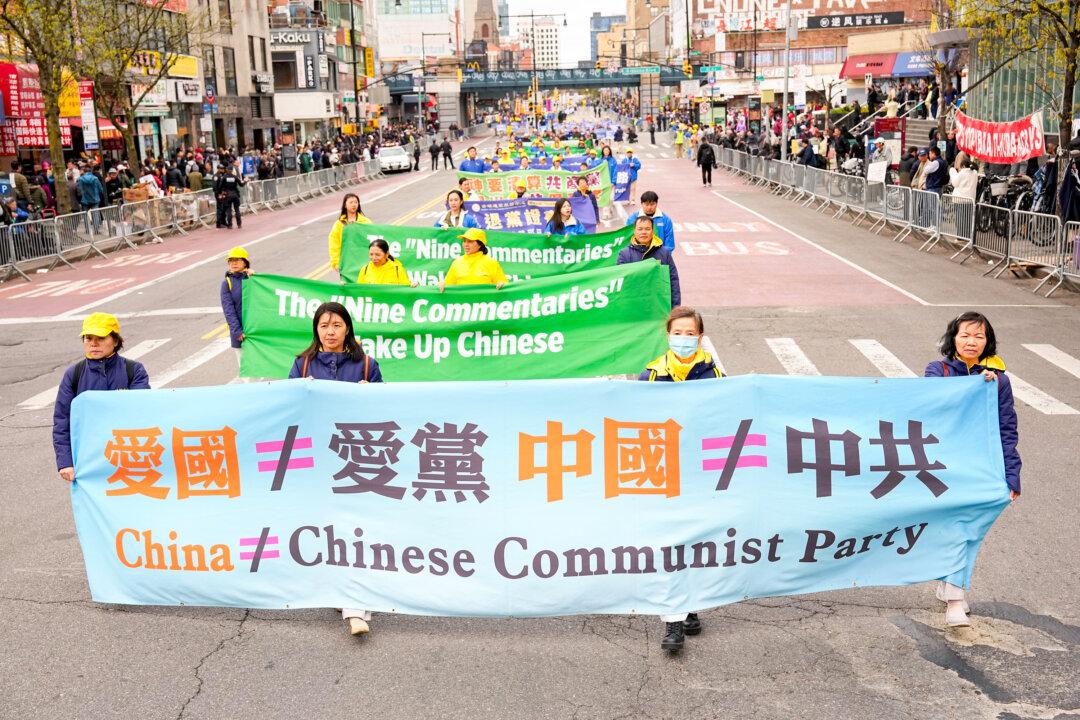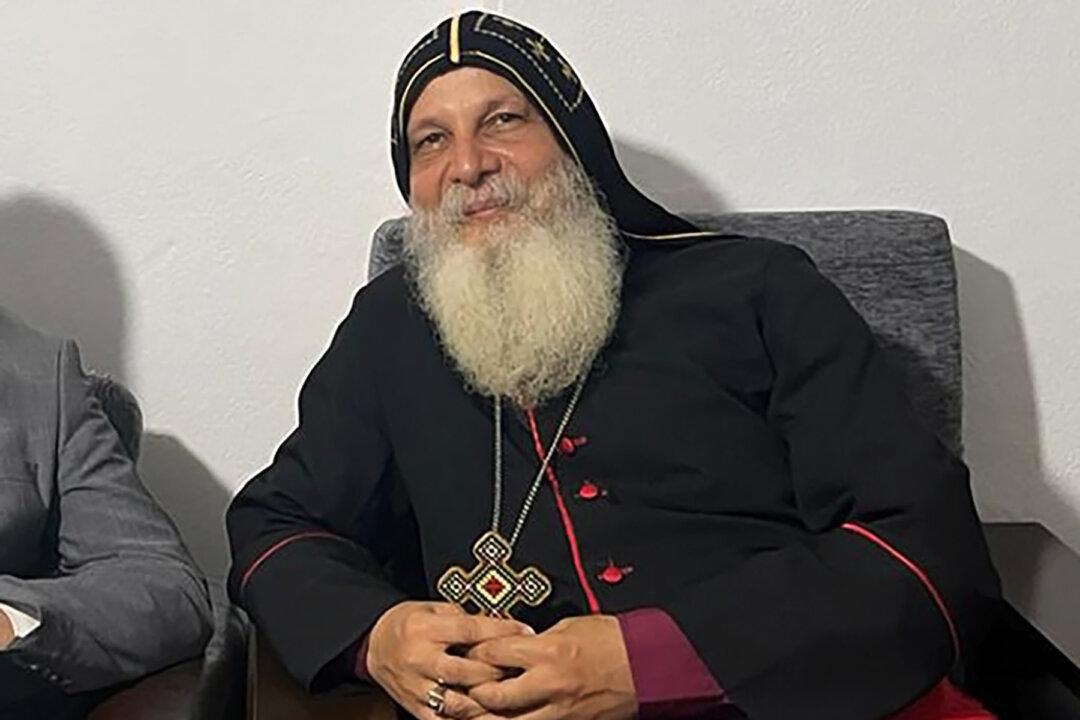New federal opposition leader Peter Dutton says the Liberal Party of Australia will focus its energies on winning over voters in suburban electorates and small businesses.
Dutton made the comments in his first address after an internal party room elected him to represent the traditionally centre-right Liberal Party, replacing former Prime Minister Scott Morrison, who is now on the backbench.
The former defence minister addressed a range of issues during the hour-long press conference, including the party’s approach to women, Indigenous issues, dealing with Beijing’s aggression, using superannuation for home purchases, and how the party plans to win over “forgotten” Australians.
“Under my leadership, the Liberal Party will be true to our values that have seen us win successive elections over the course of the last quarter of a century,” he said. “Make no mistake, and Australians understand this, the next three years under Labor is going to be tough for the Australian people. Already they’re breaking the promises and foreshadowing policy shifts.”
“All I want to do is to make sure that we don’t forget about those in the suburbs, and I do think they are the ‘forgotten people.’ I do think those people in small business and micro business feel that the system is against them, and I want to be a voice for them,” he added. “I want to make sure that we can help them—that we can see their businesses grow into big businesses.”
Dutton also said that he would not distance the party from its traditional big business supporters but noted that many had become “closer to other parties.” In fact, major Australian corporations have been quick to adopt progressive policies, including climate change and gender equality.
The opposition leader also pointed to the recent election, noting that although the centre-left Labor Party eventually came to power, the result was a “pox on both your houses” and not ideal for the major parties.
“There’s huge hesitation around whether Albanese is up to the job. People will give him a go rightly ... and there will be a honeymoon period, the media will give him that,” Dutton said. “But people did have a huge doubt about whether they would vote for him.”
Dutton also did not believe the left-wing Australian Greens had staying power, and their results in winning two new lower house seats in the city of Brisbane was more of a “protest vote.”
The Liberal Party’s shift of focus to working-class Australians follows similar trends globally, where centre-right parties in the United Kingdom and the United States have seen their voter base change from wealthier and more educated voters (who have shifted left on the political spectrum), to the blue-collar worker.
The May 21 federal election result almost forced the Liberal Party to adopt this position after it shed its moderate-leaning, traditionally safe inner-city electorates in Sydney, Melbourne, Brisbane, and Perth to a swathe of Labor, “teal,” and Green candidates—mostly campaigning on more climate change action.
While the inner-city was an onslaught for the defeated government, the regional seats and outer suburbs yielded vastly different results.
Seats like Gorton, outside of Melbourne, saw the Labor Party lose 10 percent of its primary vote and a preferential swing to the Liberal Party of 4.5 percent.
Other traditionally safe Labor seats in the outer suburbs in the state of Victoria saw small swings to Liberal on the back of preference votes, including Calwell, Fraser, McEwen, and Hawke. While in western Sydney, the seats of Lindsay and Paterson saw swings to the Liberals as well.
Eric Louw, retired professor of political communication, has also warned that the Labor government could see the “teal” and Green wave turn on the centre-left party.
“Prime Minister Albanese will face pressure from all three fronts to move progressively green. Yet, further moving to the left will create dissatisfaction with Labor’s right faction. This will create opportunities for both Dutton and the right-wing One Nation party to pull votes from Labor’s right flank in the ‘battler’ suburbs.”





